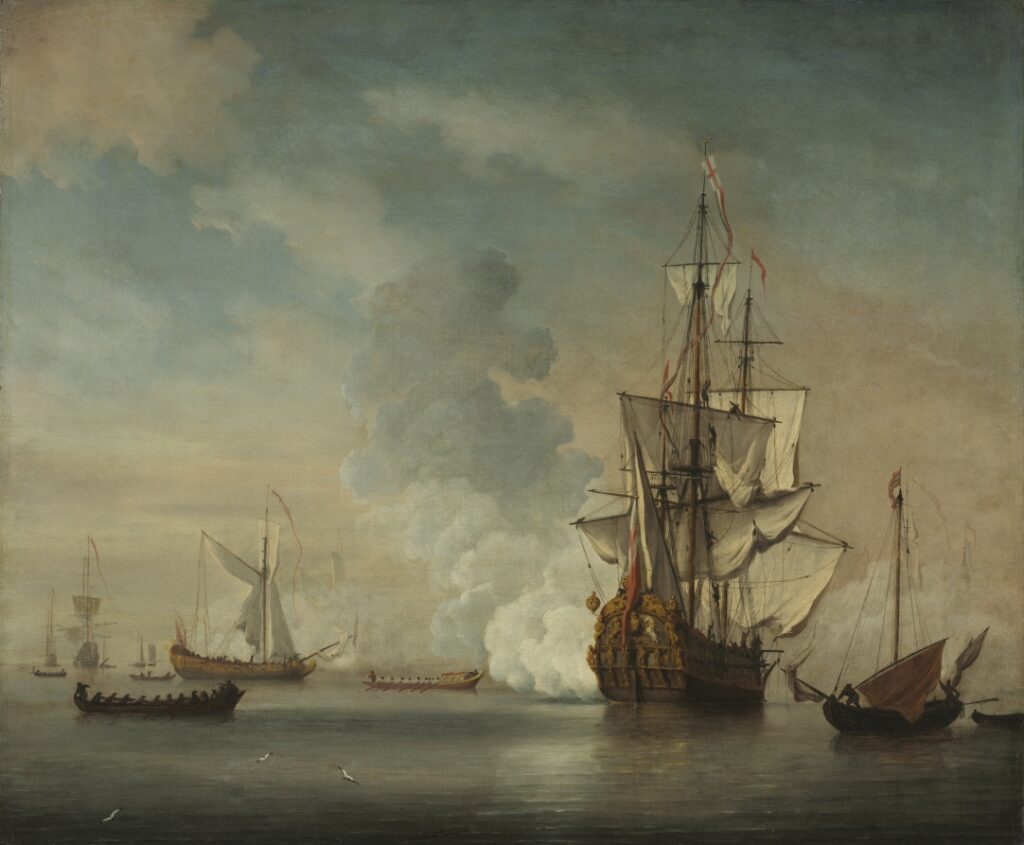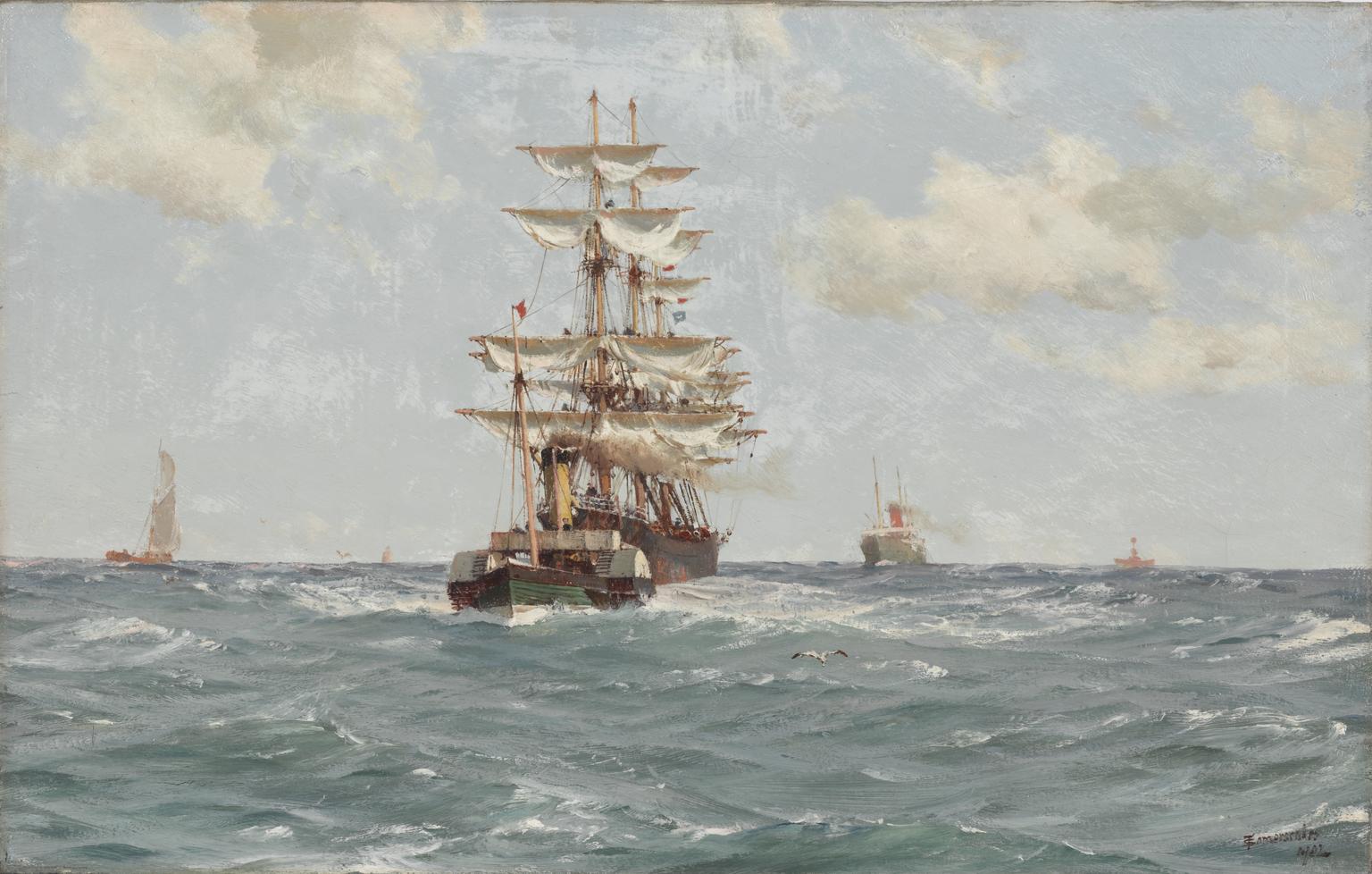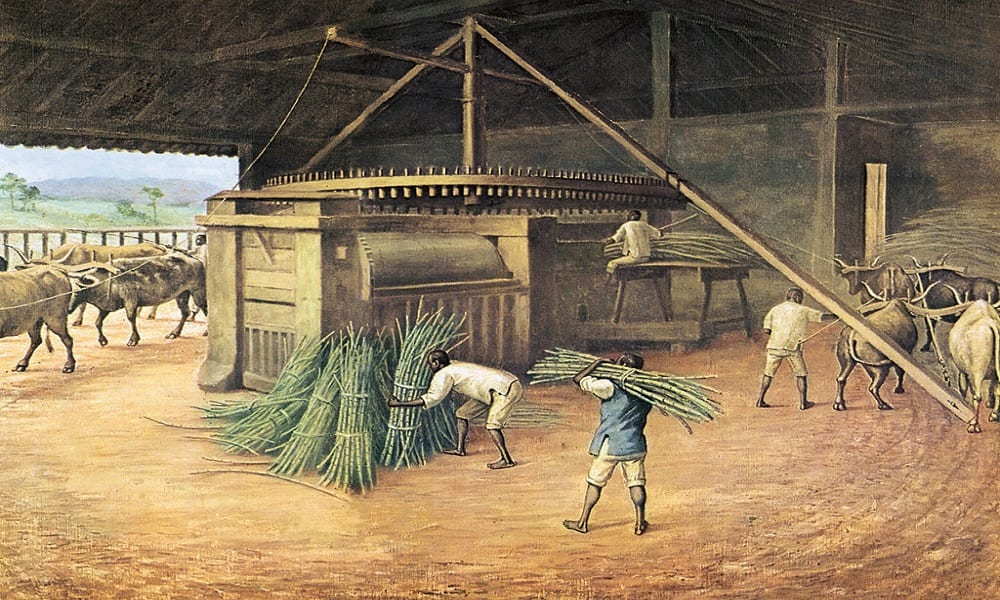Introduction
Hey guys, how are you? As we know, Brazil has experienced several foreign invasions throughout history. These invasions truly shaped the country as we know it today.
In this article, we will explore the European invasions, such as the arrival of the Portuguese and the French invasion attempts, in addition to the Dutch invasions in Northeast Brazil. Let’s get to know these landmark events better.
1. European invasions in Brazil
1.1 The arrival of the Portuguese
In 1500, the first Europeans to arrive in Brazilian lands were the Portuguese, led by Pedro Álvares Cabral. This arrival marked the beginning of the process of colonization of Brazil by the Portuguese, which would last almost 400 years. With the exploitation of Brazilwood, the Portuguese crown saw the economic potential of Brazilian lands and began effective colonization.
1.2 French invasion attempts
However… Portugal was not alone with its greedy plans! During the period of colonization, the French also tried to establish a presence in Brazil. In the 16th century, French navigators, such as Binot Paulmier de Gonneville and Jean Richier, led expeditions to the country. Jean Richier, for example, arrived in Guanabara Bay, where he founded the so-called “Antarctic France”. Imagine, Rio de Janeiro being called Antarctic France!?
2. Dutch invasions in the Brazilian Northeast
2.1 The Dutch occupation
In the 17th century, the Dutch began a series of expeditions to Brazil, mainly aimed at controlling the sugar trade. In 1630, the Dutch conquered Olinda and Recife, establishing the so-called “New Holland” in the Brazilian Northeast. During this period, the region went through an intense process of domination and exploitation.
2.2 Brazilian resistance
The Dutch occupation in the Brazilian Northeast was not passively accepted by Brazilians. Leaders such as the indigenous Felipe Camarão and the Pernambuco military man Henrique Dias, allied with the Portuguese colonists, bravely resisted Dutch rule. In 1648, the United Restoration Army, led by João Fernandes Vieira, managed to definitively expel the Dutch from the region.
Conclusion
The foreign invasions in Brazil left deep marks on the country's history. The arrival of the Portuguese and attempted French invasion shaped the beginning of Brazilian colonization, while the Dutch invasions in the Northeast highlighted Brazilian resistance and struggle for territory. The history of foreign invasions in Brazil shows us the importance of understanding our past to better understand the present.
FAQs
1. What were the main foreign invasions that occurred in Brazil?
The main foreign invasions that occurred in Brazil include the French invasion of Rio de Janeiro in 1555, the Dutch occupation of the Northeast (1630-1654) and the Portuguese Invasion of Brazil (1807-1821), which occurred during the Napoleonic Wars.
2. What was the role of Brazilians in resisting foreign invasions?
Brazilians played an important role in resisting foreign invasions. During the Dutch occupation, for example, there was a resistance movement led by figures such as André Vidal de Negreiros and João Fernandes Vieira. They organized resistance against the invaders and eventually contributed to the expulsion of the Dutch.
3. Why did the Portuguese conquer Brazil before other Europeans?
The Portuguese conquered Brazil before other Europeans mainly due to the Treaty of Tordesillas, signed in 1494 between Portugal and Spain. This treaty divided the “New World” between the two colonial powers, giving the Portuguese the right to explore and colonize the lands west of the imaginary line defined by the treaty. This gave the Portuguese a legal claim to the region that would become Brazil.
4. How did foreign invasions influence Brazilian culture?
Foreign invasions had significant influences on Brazilian culture. During the Dutch occupation, for example, there was a cultural exchange that introduced elements of European culture into local customs, such as architecture and cooking. Furthermore, resistance struggles strengthened the sense of national identity among Brazilians, contributing to the formation of Brazilian culture.
5. Did the Dutch occupation of the Northeast cause any advances in Brazil?
Yes, the Dutch occupation of the Northeast led to advances in several areas. The Dutch brought advanced agricultural techniques, improvements in urban infrastructure, and promoted cultural and artistic development. Furthermore, the Dutch occupation encouraged sugar production and the establishment of sugar mills in the region, which had a lasting impact on the economy of Northeast Brazil. However, we cannot forget that there is no “better colonization”.
References
São Paulo and the Dutch Invasion in Brazil | History Magazine (usp.br)




